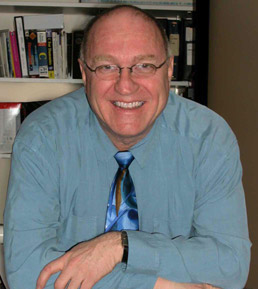Jul 5 2007
The International Society for Optical Engineering will honor 56 new Fellows of the Society this year.
Fellows are members of distinction who have made significant scientific and technical contributions in the multidisciplinary fields of optics, photonics, and imaging. They are honored for their technical achievement, for their service to the general optics community, and to SPIE in particular. More than 480 SPIE members have become Fellows since the Society's inception in 1955.
"The annual recognition of Fellows provides an opportunity for us to acknowledge outstanding members for their service to the general optics community," says Brian Culshaw, SPIE President.
Eli Peli Schepens Eye Research Institute, Department of Ophthalmology, Harvard Medical School, USA, for specific achievements in image understanding and perception, visual psychophysics, and physiological optics for the visually impaired.
 Dr. Peli is Senior Scientist and the Moakley Scholar in Aging Eye Research at The Schepens Eye Research Institute, and Professor of Ophthalmology at Harvard Medical School.
Dr. Peli is Senior Scientist and the Moakley Scholar in Aging Eye Research at The Schepens Eye Research Institute, and Professor of Ophthalmology at Harvard Medical School.
Peli has done significant basic and applied research towards enhancing imagery for the visually impaired. His work has led to significant pioneering work in digital image processing of retinal images in the 1980s. He was one of the first researchers to apply digital image processing to analysis of nerve fiber layer in Glaucoma and for the measurement of drusen and their changes in age related macular degeneration or AMD. His work on electronic and optical devices for impaired vision has led to several products on the market as well as many novel approaches for testing the effects of vision enhancement and image quality.
Peli's service to the optics community is impressive. He has supported numerous workshops, advisory panels and committees relative to impaired vision as well as modeling of normal vision. He has also worked with the National Institute of Health on the development of public information and education. His service to SPIE includes chairing sessions relating to visual representation and processing, presenting a continuing education seminar on vision models for simulation and image quality metrics, and serving on the technical committee of visual communications and image processing.